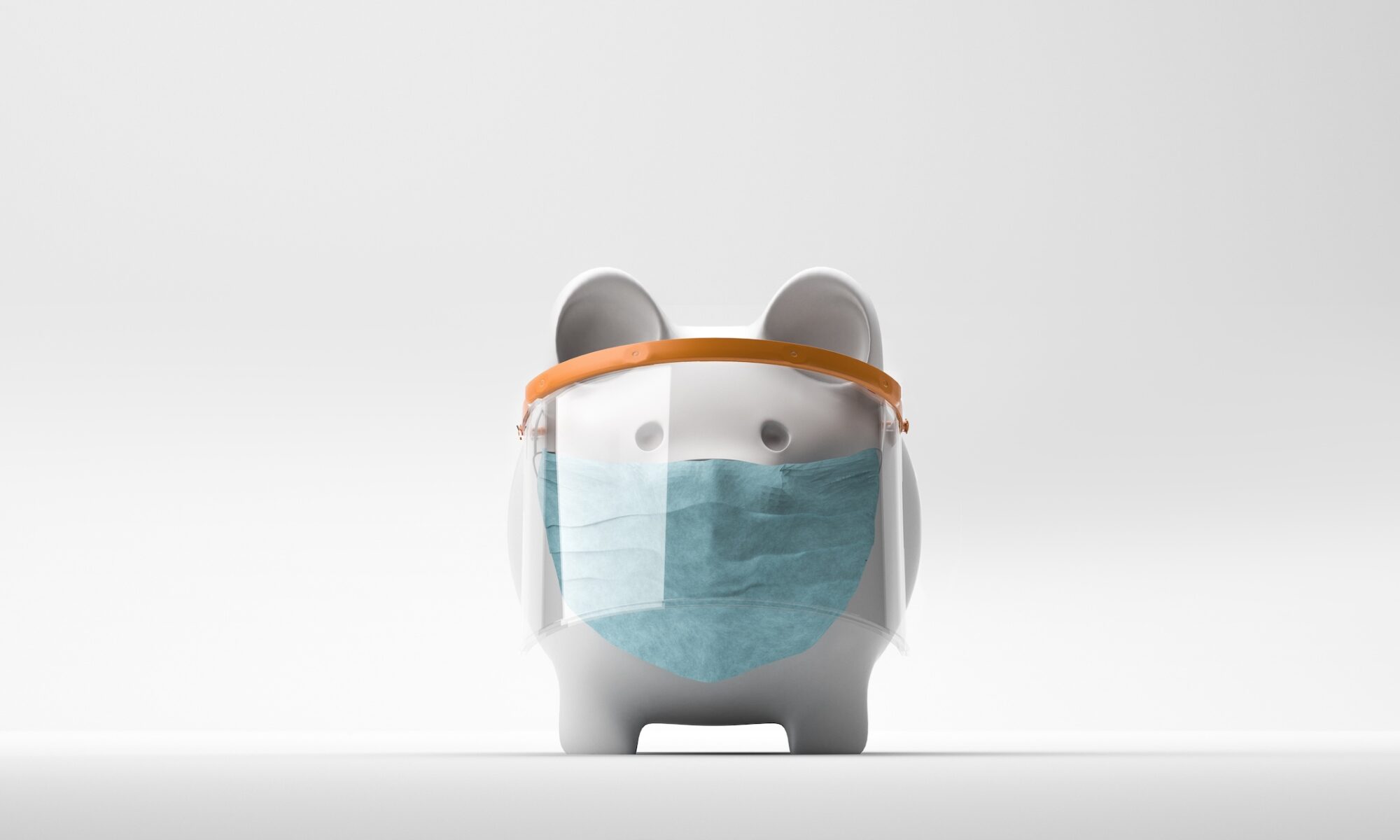Has the health crisis changed your outlook on saving?
As well as affecting our day-to-day lives and lifestyles, COVID-19 has also had an impact on our spending habits. As a result, saving has reached record levels. What are the consequences and what can we do with all the extra money?
The health crisis and restrictions have been affecting our daily lives for over a year. Cultural amenities, leisure facilities and non-essential businesses have been shut up for weeks or months at a time. Teleworking has limited travel and the lockdown has made many of us less interested in going out. In short, the level of household expenditure has fallen overall. Moreover, many European consumers – including Luxembourgers – are worried about the unsettled health context and remain cautious in the face of an uncertain future. As a result, household savings shot up in 2020.
The crisis – a boon for savings
Thanks to lockdown, you probably spent part of 2020 shut up at home teleworking, supervising your children’s schooling, or simply biding time. Shops, restaurants and leisure facilities closed, foreign travel was ruled out, and salaries were impacted in some cases, all leading to a change in your habits. Your home entertainment budget may have increased, but all in all you still made savings during this period.
Household spending fell by 6% in 2020, while savings increased by 26%.
According to a study carried out by Statec in December 2020, household spending fell by 6% in 2020. Unsurprisingly, the remaining spending mainly related to food and housing. At the same time, household savings increased.
In Luxembourg, the fall in consumer spending and the stabilisation of disposable income are estimated to have increased savings by 26% (i.e. up EUR 1.2 billion on 2019), and savings now exceed EUR 6 billion. Relative to the size of Luxembourg’s population, this is an impressive figure. But what can we do with all this money, especially when it is deposited in accounts offering almost no interest?
Precautionary savings versus consumer spending
Faced with a broader economic outlook that could affect their personal finances, some households may continue to opt for savings, but now as a way to protect themselves (precautionary saving). According to Statec, many Luxembourgers may also decide to invest their accumulated savings rather than spend them, for example in real estate or the markets. Others may prefer to slip back into their old habits of spending on durable goods (cars, bicycles, furniture, etc.) and may even want to catch up on missed spending.
These accumulated savings represent huge potential for an economic recovery.
Regardless, these accumulated savings represent huge potential for an economic recovery, with spending in high-income households expected to be the main driver. Consumer spending in 2020 was more local and community-focused, and this trend may continue into the future. Are you among the households that managed to put money aside during the pandemic? If so, you must be wondering what to do with it.
Best practices
In uncertain times like these, how should you react and how should you approach saving? If you are among those thinking about investing your savings n the near future, the following tips may be of use.
First of all, learn to distinguish between precautionary savings, long-term savings and investments. Precautionary savings help you cover unexpected expenses. They must be immediately at hand and are therefore best placed in a savings account. Long-term savings help you prepare for the future and protect your family against significant reductions in income. They can take the form of regular contributions to retirement savings plans or life insurance policies, for example.
Learn to distinguish between precautionary savings, long-term savings and investments.
In addition to savings, you can also invest in the markets. myLIFE offers a wide array of material on the subject, including a special series on investment explaining the most important asset classes available and how they work. You’ll also find tips and guidance on taking your first steps on the stock market and investing without going broke, as well as reminders of the importance of seeking out good advice and adopting a long-term approach. Lastly, in our special series on behavioural finance, we fill you in on the cognitive biases that influence your investment decisions and potentially prevent saving.
Your banker can help you find the right strategy based on your investor profile and investment goals, allowing you to grow your capital while protecting your investments.
Despite being habitual consumers, Luxembourgers have put their spending on hold and instead been “forced” to save. A year on, they have a number of options when it comes to making the most of these savings: precautionary savings, long-term savings, investments, or a return to greater spending.


 Mortgage
Mortgage Personal loan
Personal loan Savings
Savings